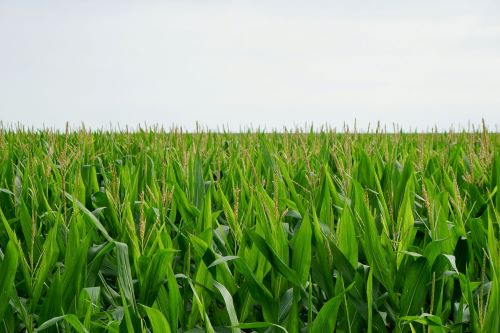


This article explores the unique qualities of pymetrozine, its role in sustainable agriculture, and its potential for shaping greener farming practices.
Pymetrozine is a systemic insecticide celebrated for precisely targeting pests like aphids and whiteflies. Its unique mode of action disrupts their feeding, causing them to stop eating without directly killing them on contact. This non-lethal approach reduces the likelihood of secondary pest outbreaks and minimizes harm to non-target species.
Farmers frequently use pymetrozine 50 WG, a water-dispersible granule formulation, for its easy application and reliable results. By adhering to the recommended pymetrozine 50% WG dose per liter, they can manage pests effectively while upholding environmentally conscious practices.
For those seeking proven solutions in pest management, Mytoren – Pymetrozine 50% WG stands out as a trusted option. Its efficacy against sap-feeding pests makes it a valuable addition to farmers’ toolkits dedicated to sustainability.
Unlike broad-spectrum insecticides, which can harm beneficial insects and pollinators, pymetrozine is highly selective. It focuses solely on sap-feeding pests, leaving beneficial species like bees, predatory wasps, and ladybugs unaffected. This precision ensures that farming ecosystems retain their biodiversity while crops remain protected.
In organic farming, preserving ecological balance is a priority. Pymetrozine’s ability to target specific pests aligns perfectly with these principles, making it a preferred choice for environmentally conscious farmers.
Pymetrozine’s environmental profile sets it apart from conventional insecticides. It degrades quickly in soil, leaving minimal residues that could harm non-target organisms or contaminate water sources.
“Environmentally friendly farming demands innovation. Pymetrozine embodies this vision by combining precision pest control with ecological responsibility.”
Pymetrozine works systemically, meaning it is absorbed by the plant and transported to areas where pests feed. This ensures that even hidden pests, such as aphids beneath leaves, are effectively controlled. The extended residual activity of pymetrozine reduces the need for frequent applications, further lowering its environmental footprint.
Integrated Pest Management (IPM) is a cornerstone of sustainable agriculture, emphasizing the combination of biological, cultural, and chemical control methods. Pymetrozine fits seamlessly into IPM strategies. Its selective targeting supports the use of beneficial insects, while its systemic action enhances the effectiveness of pest control plans.
Conventional insecticides, such as organophosphates and neonicotinoids, often harm non-target species and pose significant environmental risks. Pymetrozine’s selectivity ensures minimal ecosystem disruption, making it a more sustainable alternative.
While resistance is a concern with any pest control method, pymetrozine’s unique mode of action makes it a valuable tool for rotation in resistance management programs. Farmers can alternate it with other insecticides to prevent pests from developing immunity.
While pymetrozine offers numerous benefits, it has limitations.
Pymetrozine targets sap-feeding pests but is ineffective against others, such as caterpillars or beetles. Farmers must integrate pymetrozine into a broader pest management strategy to address diverse pest challenges.
The price of pymetrozine can be a barrier for small-scale farmers, particularly in regions with limited agricultural inputs. However, its long residual action and compatibility with sustainable practices often offset its initial cost.
As organic farming gains momentum worldwide, the demand for eco-friendly pest control solutions like pymetrozine will likely grow. Its low toxicity and compatibility with organic farming systems make it a promising candidate for certification in regions with stringent environmental regulations.
Pymetrozine’s role in promoting greener farming practices extends beyond its immediate benefits. Enabling farmers to reduce their reliance on harmful chemicals contributes to a broader shift toward sustainable agriculture.
Farmers who adopt pymetrozine contribute to a larger mission of protecting the environment while maintaining productivity. Its targeted action and low environmental impact make it an ethical and practical choice for modern agriculture.
Is pymetrozine the future of environmentally friendly farming? Its success will depend on continued innovation, education, and integration into holistic pest management practices. As more farmers embrace sustainability, pymetrozine has the potential to play a transformative role in shaping the agriculture of tomorrow. How will you use this tool to protect your crops and the planet?
